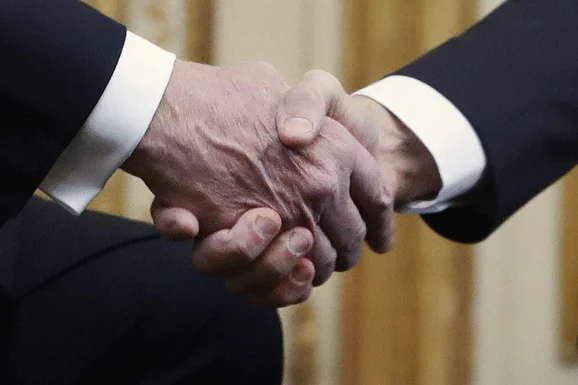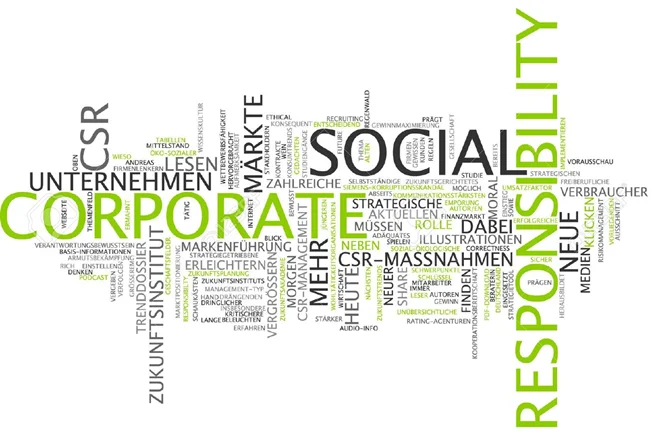Corporate social responsibility: Time for an Italian job

While the European Commission began pushing the idea, business has always had significant non-financial responsibilities.
The modern CSR agenda can be best traced, when globalization began to slowly re-take its partial former hold after the dramatic collapse of the soviet empire.
Since those heady days notions of what it means to be a responsible business have been evolving quickly.
CSR had evolved from basic business environmental management and employment conditions into something both much broader and deeper, at least for the world’s largest companies.
Business sourcing, risk management and expansion plans now mean companies are beginning to think harder about where all their supplies come from, how they are made, and what impact both the supply and use of them might have on society. CSR is now complex business.
The CSR agenda is now increasingly about what companies do every day, rather than after working hours.
However, for many businesses, complying with national laws and perhaps adding some basic philanthropic activity on top is often the norm.
The CSR leaders are a mix of the highest profile international companies and some smaller, values driven innovators located all over the world.
Companies such as Patagonia, Ecover, the Body Shop, Natura and Grupo Nueva are among this group of smaller firms who have led the way on CSR.
Among the larger firms the list of leaders might include Nike, Novo Nordisk, Heineken, Unilever, HP, BP, Danone, BT and Marks & Spencer. Businesses such as these have undoubtedly had a major influence on the CSR movement.
The influence on CSR of European and US civil society and the media should not be underestimated. Their raising of the bar in terms of expectations on companies has been probably the largest factor in the development of CSR.
companies have been largely on the defensive over social and environmental issues. It is only recently that a small handful of companies have begun to regard CSR as a chance to win back genuine trust from customers, rather than fend off critics.
The impact of the European Union too, should not be overlooked. The European Union remains what General Electric’s CEO Jeff Immelt calls “the global regulatory superpower”.
When the EU rules, some large companies are beginning to raise standards world-wide to save money. European rules on chemicals, electrical waste, climate change, trade and labour have all made significant contributions to the CSR agenda.
 Albania
Albania Algeria
Algeria Andorra
Andorra Argentina
Argentina Armenia
Armenia Australia
Australia Austria
Austria Azerbaijan
Azerbaijan Bahrain
Bahrain Belgium
Belgium Bolivia
Bolivia Brazil
Brazil Bulgaria
Bulgaria Cambodia
Cambodia Cameroon
Cameroon Canada
Canada Chad
Chad Chile
Chile China
China Colombia
Colombia Costa Rica
Costa Rica Croatia
Croatia Cyprus
Cyprus Czechia
Czechia Denmark
Denmark Ecuador
Ecuador Egypt
Egypt Finland
Finland France
France Georgia
Georgia Germany
Germany Ghana
Ghana Greece
Greece Hungary
Hungary Iceland
Iceland India
India Indonesia
Indonesia Ireland
Ireland Italy
Italy Jamaica
Jamaica Japan
Japan Jordan
Jordan Kazakhstan
Kazakhstan Kenya
Kenya Kuwait
Kuwait Latvia
Latvia Lebanon
Lebanon Libya
Libya Lithuania
Lithuania Luxembourg
Luxembourg Malaysia
Malaysia Maldives
Maldives Mali
Mali Malta
Malta Mexico
Mexico Moldova
Moldova Monaco
Monaco Morocco
Morocco Netherlands
Netherlands New Zealand
New Zealand Nigeria
Nigeria North Macedonia
North Macedonia Norway
Norway Oman
Oman




